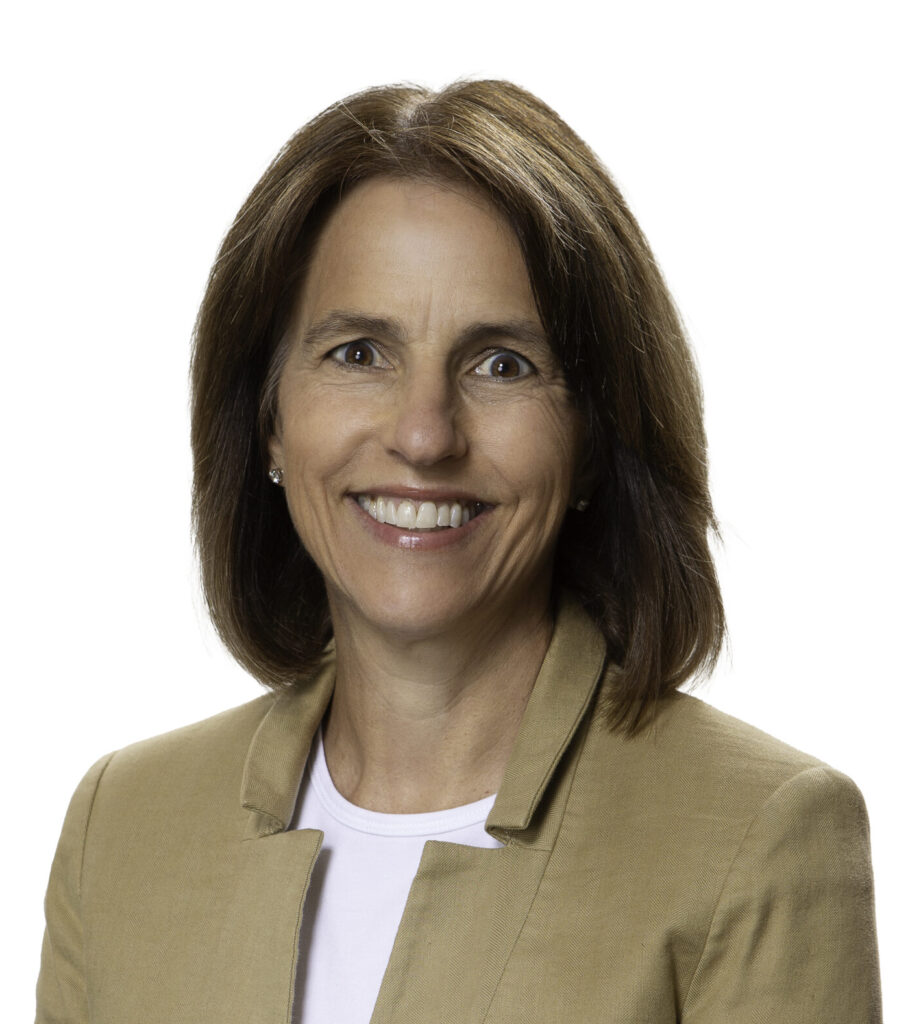HOME | ABOUT US | MEDIA KIT | CONTACT US | INQUIRE
HOME | ABOUT US | MEDIA KIT | CONTACT US | INQUIRE
Once the province of the ultra-wealthy, charitable giving has been democratized.
PUBLISHED DECEMBER 2024
 Forty-six years ago, a small group of local philanthropists in Kansas City passed a hat to collect $210.25. It was the first act of forming the Greater Kansas City Community Foundation. Oh, to be in that room alongside Kansas City greats like Henry Bloch, Marjorie Powell Allen, and Don and Adele Hall.
Forty-six years ago, a small group of local philanthropists in Kansas City passed a hat to collect $210.25. It was the first act of forming the Greater Kansas City Community Foundation. Oh, to be in that room alongside Kansas City greats like Henry Bloch, Marjorie Powell Allen, and Don and Adele Hall.
With Don Hall Sr.’s recent passing, we honor his remarkable contributions as the last surviving founder of the Community Foundation. His vision and dedication helped establish Kansas City as a center for philanthropy that few could have imagined in 1978.
Working alongside Kansas City’s philanthropists for over 25 years, I’ve had a front-row seat to see how charitable individuals can improve our world. My first taste was working as a young attorney on Ewing Kauffman’s historic plan to donate his beloved Royals to the Community Foundation, which ensured the team would stay in Kansas City after his death. I knew then that I wanted to dive head-first into the world of charitable giving.
In the years that followed, I have regularly heard two questions. One, from my counterparts in cities across the country: “How did Kansas City get such an abundance of well-known philanthropists?” And the other, from Kansas Citians: “Who will fill the void when these philanthropic leaders are no longer with us?”
I believe our Midwestern values—hard work, kindness, and a strong sense of giving back to the community—provide the answers to both.
The Kauffmans, Blochs, and Halls, along with others you can likely name, built businesses that raised Kansas City’s profile as a hub of modern economic activity. And they shared their success with others, publicly, through major gifts we see and experience today. Many American cities have similar stories, but many do not.
Also significant to Kansas City’s story, our most prominent philanthropists established philanthropic legacies that will last far beyond their lifetimes. Their family foundations and successive generations continue to support local charities—big and small.
But what inspires me most is what the Community Foundation’s founders said during our earliest days. They proclaimed that charitable giving should be the responsibility of many, not just a select few. And I see that bear out in our office every day.
Kansas City continues to be rich in charitable givers. The landscape just looks a little different with today’s charitable vehicle of choice: a donor-advised fund.
For most of the 20th century, organized giving existed primarily within private foundations. True then and now, a foundation can be expensive and time-consuming to set up and operate, so it’s typically reserved for the most affluent. When donor-advised funds started to gain popularity in the 1990s, that changed. Organized giving was suddenly as easy as filling out a form to establish a fund. And the cost of maintaining a donor-advised fund made it accessible to those looking to donate amounts with fewer zeroes.
So, back to the second question of filling the void. Generous families and employers are rapidly setting aside assets in donor-advised funds here in Kansas City and across the country. The latest Donor-Advised Fund Report from the National Philanthropic Trust shows more than $251 billion in these funds at the end of 2023. But the money doesn’t sit idly.
Donor-advised fund assets are deployed to charities in the form of grants, and in the meantime, they’re invested and grow tax-free. Given market performance over the most recent decades, it’s not uncommon to see a donor-advised fund’s grants eclipse the amount contributed in a relatively short time.
Today’s savvy entrepreneurs and business leaders are already giving with intention, wearing multiple hats. They’re weaving giving into their benefits packages, offering charitable stipends and volunteer time off. They’re fostering a new generation of philanthropists through employee-led advisory committees and incentivizing service on nonprofit boards. When they get home, they teach their kids the importance of donating a portion of their savings and decide where to grant their charitable dollars as a family.
To borrow a metaphor from Mr. K’s favorite pastime, philanthropy is no longer only a game of home runs and grand slams. Today’s “philanthropists next door” are winning with singles, doubles and triples, using new tools and strategies. As a lifelong fan of Kansas City, you’ll find me rooting for us as a center for past, present and future philanthropy.